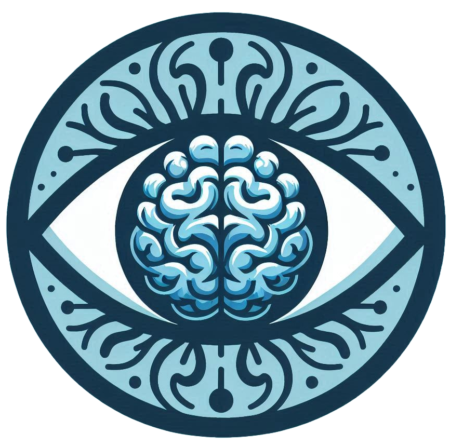Here’s a breakdown of Visual Snow Syndrome (VSS), including potential causes, symptoms, and management options:
What is Visual Snow Syndrome?
- Persistent “static” in vision: Visual Snow Syndrome is a neurological condition where individuals continuously see tiny flickering dots filling their visual field. It’s like looking at an old-fashioned TV with poor reception or a constantly shaken-up snow globe.
- Beyond the “snow”: VSS often includes other visual disturbances like:
- Palinopsia: Afterimages or trails lingering after the actual object is removed.
- Photophobia: Increased sensitivity to light.
- Nyctalopia: Difficulty seeing at night.
- Entoptic phenomena: Seeing floaters, flashes of light, or other visual effects originating within the eye itself.
Potential Causes (Not fully understood):
- Brain hyperactivity: The dominant theory suggests heightened excitability in the visual areas of the brain, particularly those responsible for visual processing.
- Other Links: Some research shows associations with:
- Migraines
- Tinnitus
- Certain medications
- Traumatic brain injury (in some cases)
Impact on Quality of Life
- Varying Severity: The intensity and accompanying symptoms of VSS can vary widely. For some, it’s mildly annoying, while for others, it can be significantly disruptive to daily life.
- Beyond Vision: VSS can affect concentration, mood, and lead to anxiety or depersonalization.
Diagnosis
- Clinical Diagnosis: VSS is primarily diagnosed based on patient descriptions, ruling out other eye diseases or neurological disorders that might cause similar symptoms.
- No Single Test: Currently, there are no specific imaging or blood tests to definitively diagnose VSS.
Management (No Cure Yet)
- Focus on Symptom Relief: Because there’s no cure, treatment focuses on coping strategies and minimizing the impact on quality of life. This might include:
- Medications: Certain medications used for migraines, anxiety, or seizures help a subset of VSS patients.
- Tinted lenses: Specialized tints can reduce light sensitivity and offer some relief.
- Counseling: Support groups and psychological counseling can help individuals cope with the impact of VSS.
- Mindfulness: Some patients report benefits from mindfulness-based techniques.
Ongoing Research
Research on VSS is intensifying, offering hope for improved understanding, diagnosis, and future treatment options.
Mild Brain Trauma
Quite often we have found that an acquired mild trauma accompanies Visual Snow Syndrome
